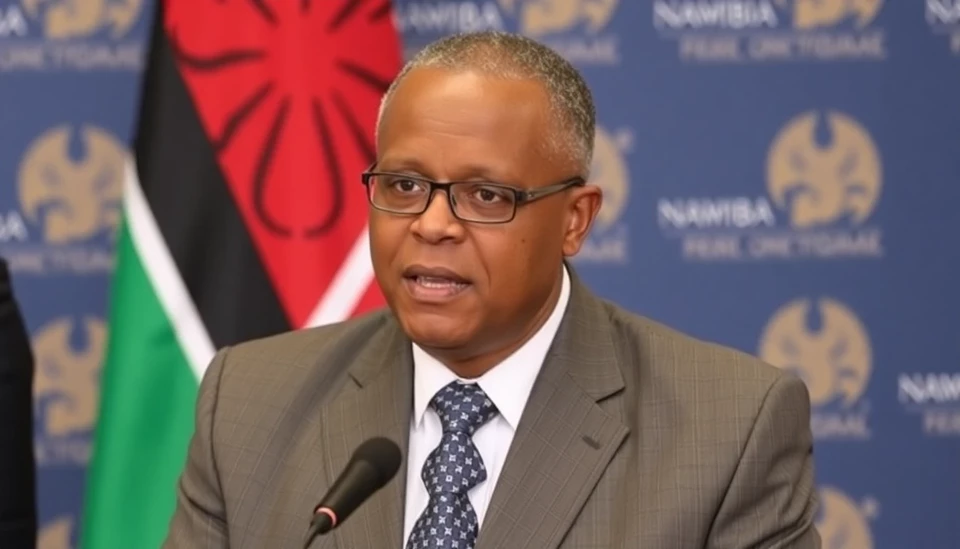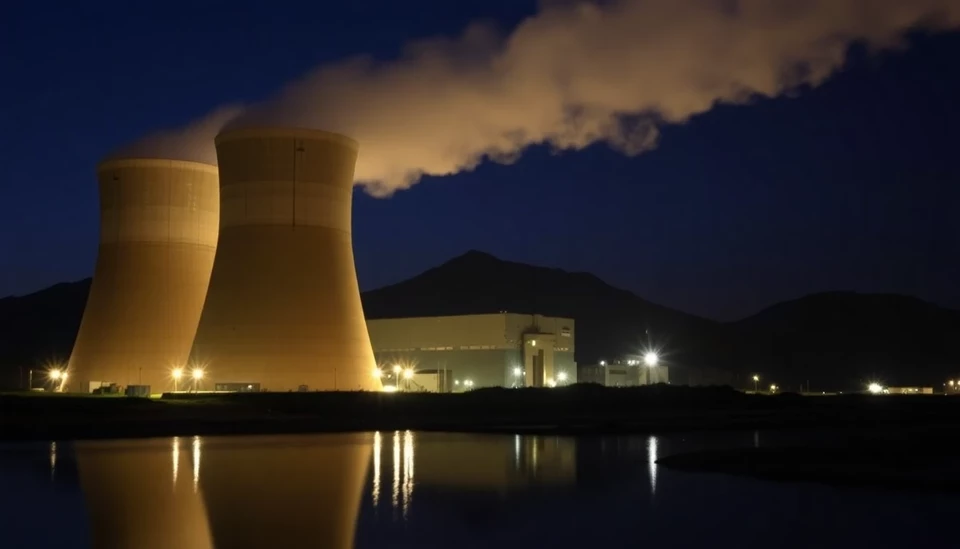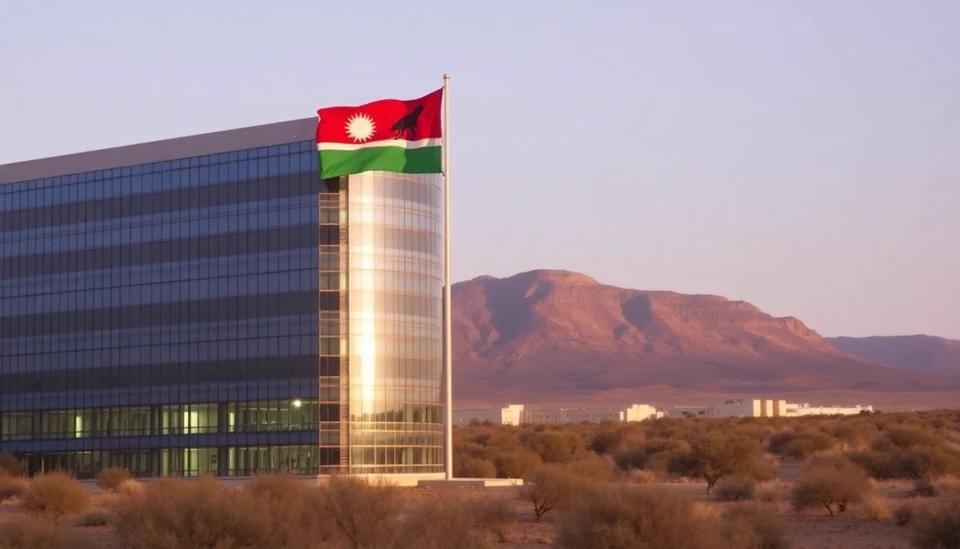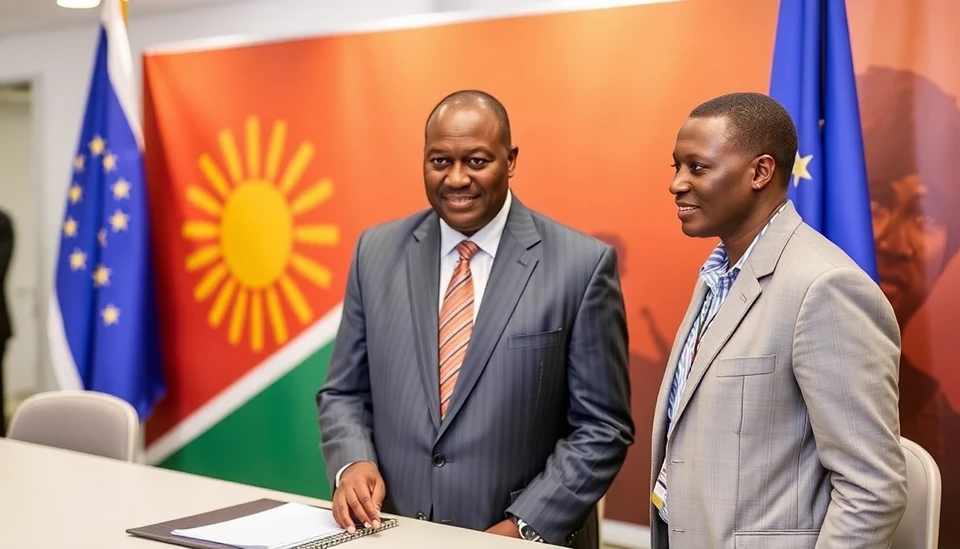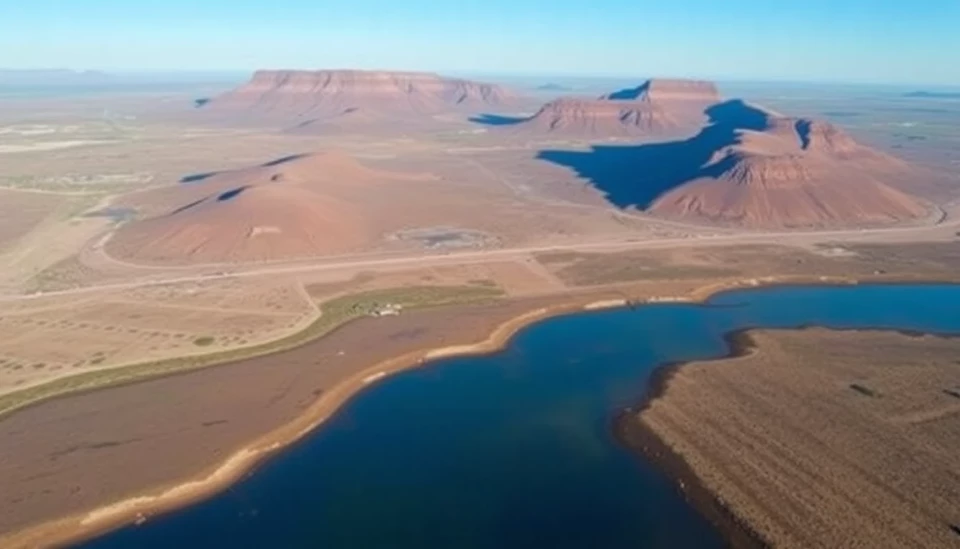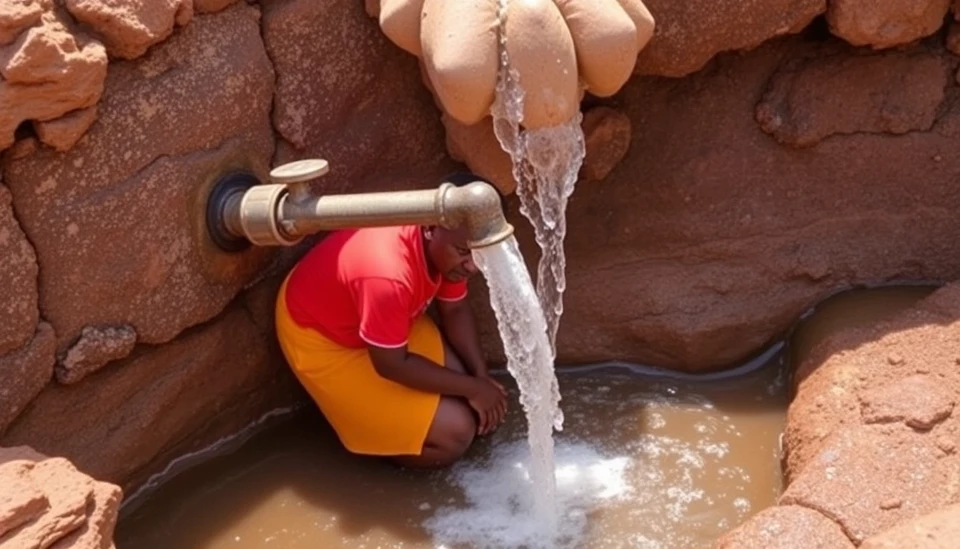
In a significant move to address its escalating water crisis, Namibia has announced its urgent need for $1.4 billion. This funding surge aims to bolster the country’s water security in the face of ongoing drought and growing population pressures. With over a million Namibians currently facing shortages, the situation has become a pressing national concern.
The Ministry of Agriculture, Water, and Land Reform of Namibia has defined a comprehensive plan to upgrade and expand the nation's water infrastructure. This initiative is not merely a response to the current conditions but a strategic long-term vision for sustainable water management. The need for financial investment stems from both immediate drought conditions and future projections indicating increased aridity due to climate change.
Namibia is uniquely vulnerable to water scarcity, as it is one of the driest countries in Sub-Saharan Africa. Over 60% of its land lies in the Namib Desert, which sees minimal rainfall. The capital city, Windhoek, has been at the forefront of experiencing severe water shortages, leading to the implementation of water rationing measures in recent years. As the population continues to swell, the demand for water has outpaced supply, exacerbating existing challenges.
The proposed $1.4 billion investment would be utilized to enhance existing infrastructure and spearhead new projects, including reservoir constructions, upgrading water treatment facilities, and drilling additional boreholes. Furthermore, initiatives aimed at improving water conservation and management practices are set to be prioritized, ensuring that water resources are utilized efficiently and sustainably.
Officials express that without immediate investments in water security, Namibia may see a humanitarian crisis worsen, affecting agricultural production and overall economic stability. The agriculture sector, which relies heavily on consistent water supply, plays a pivotal role in the nation’s economy, supporting thousands of farmers and contributing to food security.
International partners and stakeholders have been called upon to assist in funding and expertise sharing. Namibia’s government is actively seeking support from various entities, including multilateral organizations and private investors, to collaborate on projects that will create a sustainable water future for its citizens.
As the discussions gather momentum, advocates for water security emphasize the urgency of the situation and the necessity for immediate action. The country's leaders are increasingly vocal about the intertwined relationship between water availability, economic growth, and national resilience against climate-related adversities.
In summary, Namibia’s hefty funding target of $1.4 billion reflects a nation under pressure, striving to build a secure and resilient water future amidst the challenges posed by climate change and population growth. The coming months will be critical as the government pursues partnerships and mobilizes resources to avert a water crisis that threatens the livelihoods of many.
#Namibia #WaterSecurity #ClimateChange #Drought #SustainableInfrastructure #Agriculture #EconomicStability
Author: Rachel Greene
